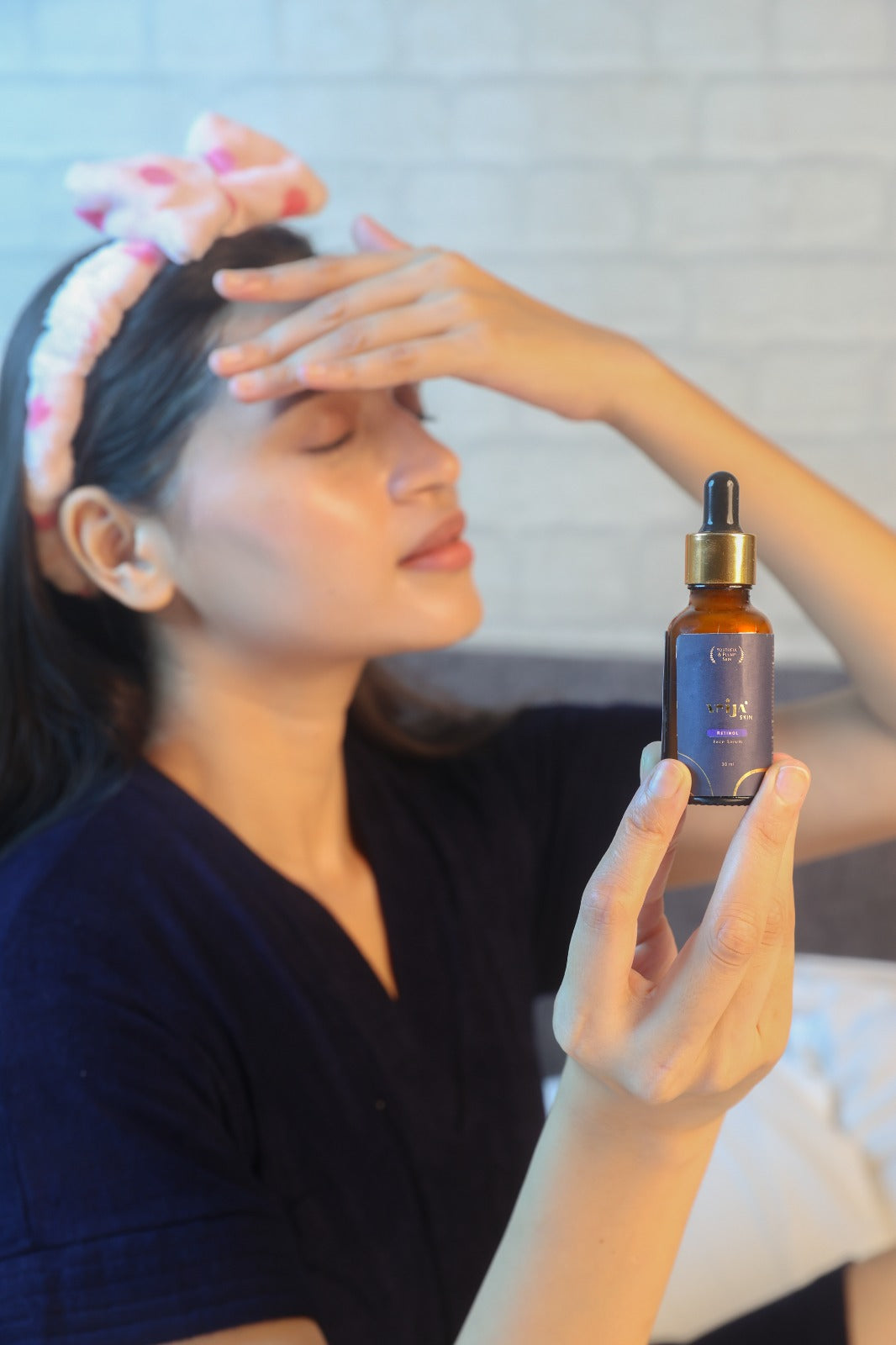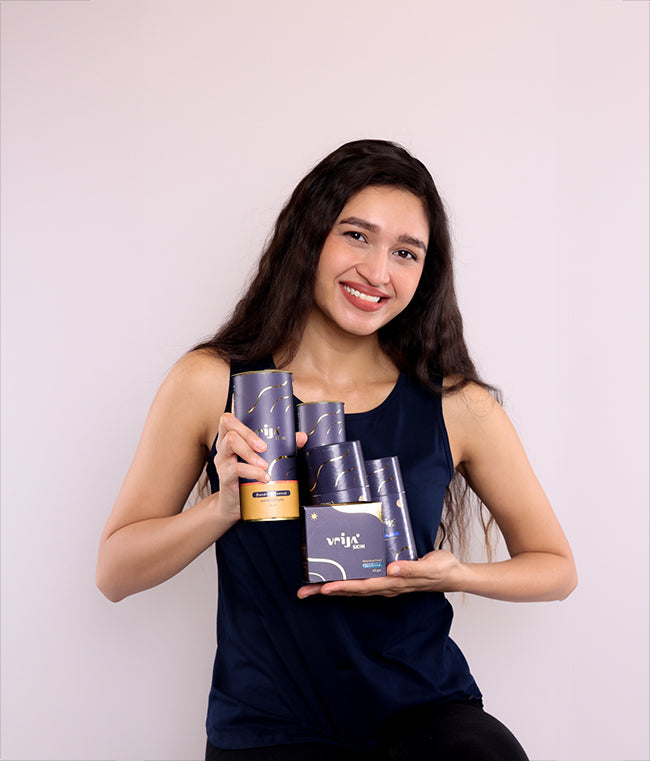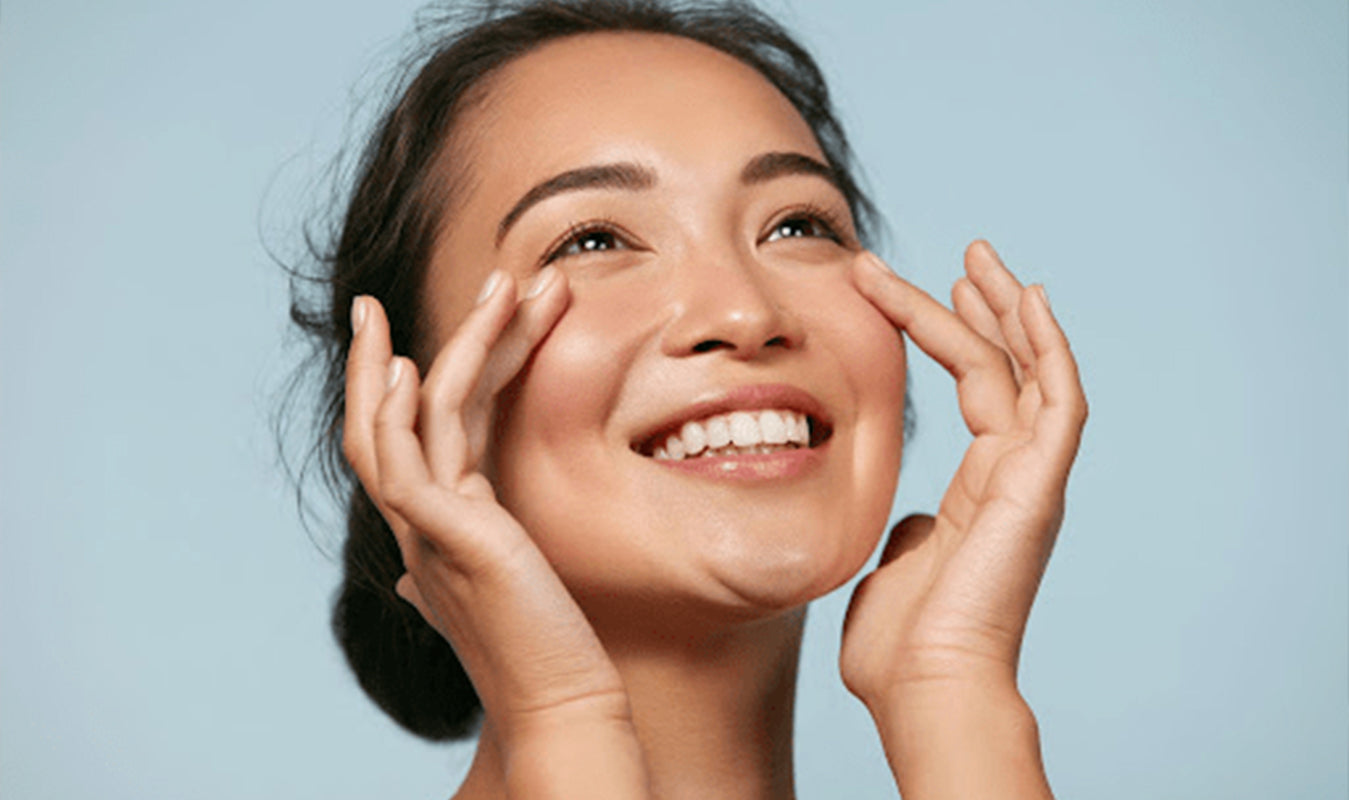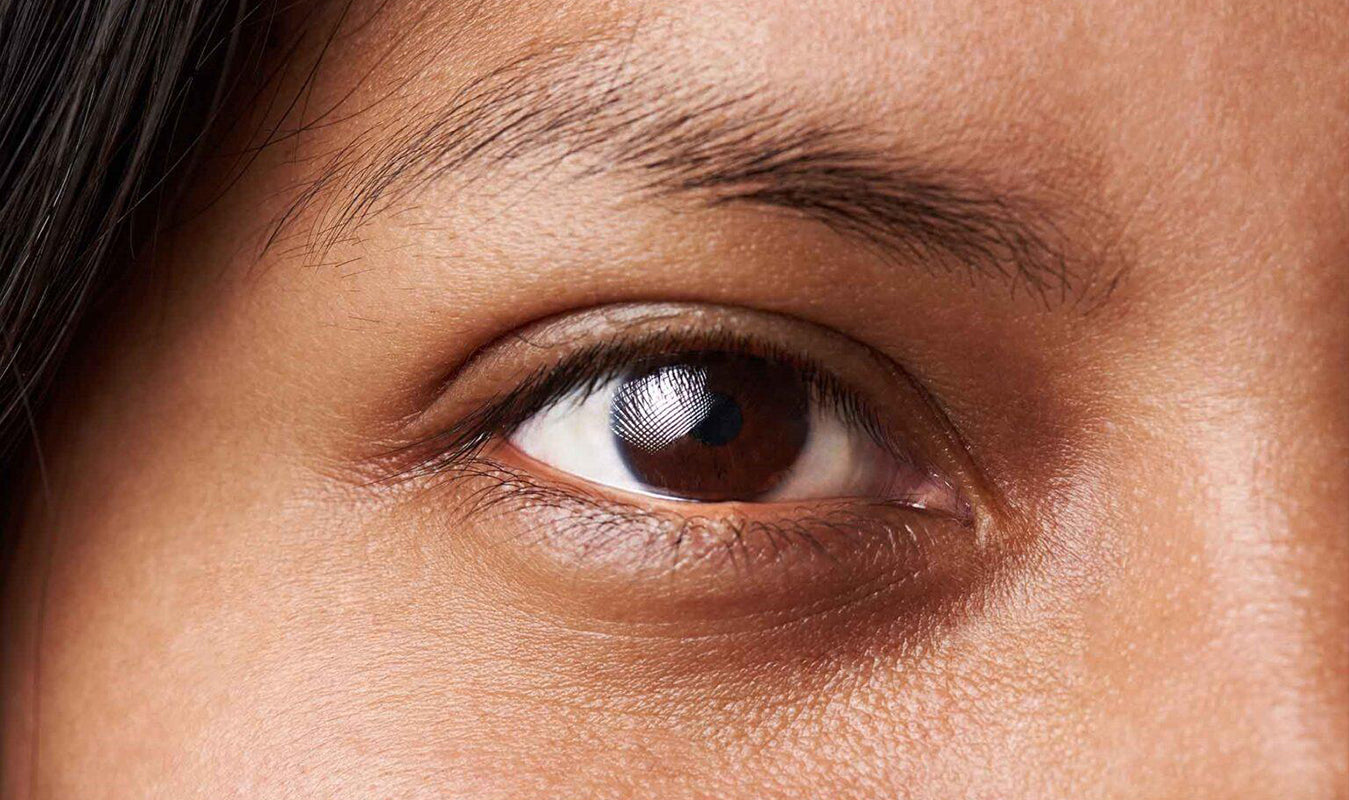
10 Myths that people with a darker skin tone should stop believing
Someone with brown or black skin tone constantly struggles with finding good skincare products and treatments. Adding on to this problem, we already have a mountain of myths so profoundly ingrained into our brains that it is difficult to outgrow some common fallacies, especially when they are about dark skin. These misconceptions are often deep-rooted in bias, which has permitted them to be perpetuated from one generation to the next. So today, let’s try to untangle facts from fiction and debunk five myths about darker skin tones.
1. You don’t need sunscreen if you have black/brown skin
It is claimed that people with darker skin tones inherently produce more melanin (a pigment in our skin that protects the skin from UV rays). So if you have darker skin, your skin does a better job at guarding you against all the dangers of the sun. But guess what, even the darkest skin tones provide only an SPF of 13, but for effective protection health experts constantly urge everyone to use sunscreen with an SPF of at least 30 to avoid tanning, sunburns, and worst, cancer. UV induced skin damage also causes hyperpigmentation to worsen, leading to melasma and uneven skin tone.
In people of colour who don’t actively practise protective measures against the sun, the chance of getting your skin burnt by the sun increases by about 41%. The signs of sunburn (redness) might not be as evident on dark skin, but your skin will surely feel hot, taut, blistered, and painful. Therefore sunscreen is not optional for anyone, irrespective of their skin tone.
2. Dark skin is not prone to skin cancer
No skin tone is immune to skin cancer, despite the amount of melanin in your skin. Yes, if you have darker skin, you’re less likely to get skin cancer, but it’s more likely to be fatal. Because of this mistaken belief, skin cancer in black or brown people usually goes undiagnosed till it reaches an advanced stage. The five-year survival rate in people of colour diagnosed with skin cancer is only 67%, as compared to 92% in people with a lighter skin tone.
The world was shocked Bob Marley, the music mogul, died at the age of 36. But did you know that he died because of melanoma, the most aggressive form of skin cancer?
3. Advanced skin treatments are not an option for dark skin tones
Advanced skin treatments like lasers, electro dissection, and chemical peels are not off-limit for skin of colour. There are a plethora of options for you, ranging from lasers for fine lines and wrinkles, to chemical peels for post-inflammatory hyperpigmentation and acne scarring. Professional chemical peels containing glycolic and lactic acid have shown extraordinary results in improving the appearance of darker skin tones.
4. More melanin means no signs of ageing
Again, because you have a higher content of melanin in your skin, it is more resistant to the damage caused by UV rays, and this includes photo-ageing (fine lines and wrinkles). But dark skin still does age, even if it is delayed. Dark skin is more likely to develop hyperpigmentation, skin sagging, and bumpy texture (a.k.a seborrheic keratosis) as it ages. This is why you still need brightening and anti-ageing products in your skincare routine.
5. You cannot get laser hair removal if you have dark skin
This used to be a fact when advanced hair removal options like lasers were in their initial stages of development. This was because earlier the beams of laser were not able to differentiate between hair follicles and the pigment (melanin). But with the development of more advanced technologies like the Nd: Yag, it is very much possible for you to get a safe laser treatment without breaking a sweat.
Hundreds of myths revolve around dark skin in many different cultures. Because of such a great number of misconceptions, we need to decide which ones are detrimental to our general health and wellbeing. Remember, skincare is not optional. Skin problems are universal, not colour-coded.




